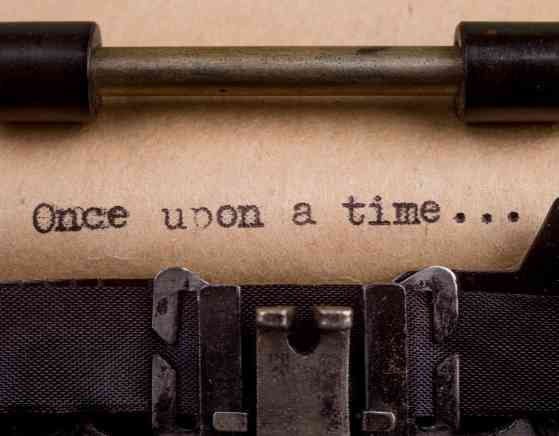Be a Better Storyteller: The Three ‘C’s Everyone Should Follow When It Comes to Self-Expression.

{source}
We are all storytellers. The stories we tell add up to a collective conversation: our culture, our media, the overall tone and energy of our schools, homes, offices and communities.
Recognizing that you are a storyteller, and that your stories matter, I challenge you to be a conscious storyteller.
These are a few thoughts on how to be a better storyteller and participant in the narratives around us. This goes for everything from the mass media to classroom-style gossip.
1. Be cautious
We are all part of the conversation. Journalists are not the only ones who need to be aware and deliberate of the stories they tell. In this media environment more than ever, the stories we tell, share, and spread are important. Own this fact. Choose carefully what you share and what you say.
And beware of gossip. Beware of assumptions; take care to do your own investigation and fact-checking of topics. What you say and share has weight, so do your best to get it right.
2. Be conscious
Be conscious of the story you really want to tell, and why. Develop your thoughts, and know what it is you really want to say.
If you’re not totally sure, let it simmer. Speaking out and contributing to the conversation is important. But so is thoughtfulness. Some ideas need time to simmer before being expressed.
Personally, sometimes I will write and publish something in a couple of hours. But most of the time, the idea has been percolating a while. I’ve been refining it, testing it, considering it, and playing with how to communicate it. Give your ideas the time they need to develop.
At the same time, listen. Listening may be the best storytelling tool you have. Get curious. Ask questions. That goes for your own stories as well as other people’s. It’s important to be conscious of other points of view and the context you’re speaking into.
Above all, tell your stories from the heart. Put your values at the heart of your storytelling. In the end, if something doesn’t feel right, don’t do it. Conversely, if telling a story (sharing something personal, for example) is aligned with who you really are and what you value, go for it and let the chips fall where they may. It’s hard to go wrong when you’re acting in accordance with your own values.
3. Be compassionate
This last point reminds me of a story from my childhood. Once, in about third grade, I put a mean note anonymously in a classmate’s desk. I don’t even know why; I think I thought I was being clever. I felt so guilty after, I confessed to my dad that night. I remember lying on my bed, crying, I felt so bad. He proposed that I write an apology note — still anonymous — and leave it in the student’s desk. So I did.
A little while later, she found it, and I could see the relief on her face. She never knew who the notes came from.
The lesson stayed with me though: Be compassionate with your words. Use them to make the world a kinder place, not a crueler one.
And if you screw up, apologize.
***
Camille DePutter is an author, speaker, and advocate for everyone who has a story inside them. Camille runs Storytelling with Heart, a communications business that helps people share their stories with the world. Her book, Share Your Story, is a workbook designed to help people practice personal storytelling for self-empowerment.
***
{Join us on Facebook, Twitter, Instagram & Pinterest}

